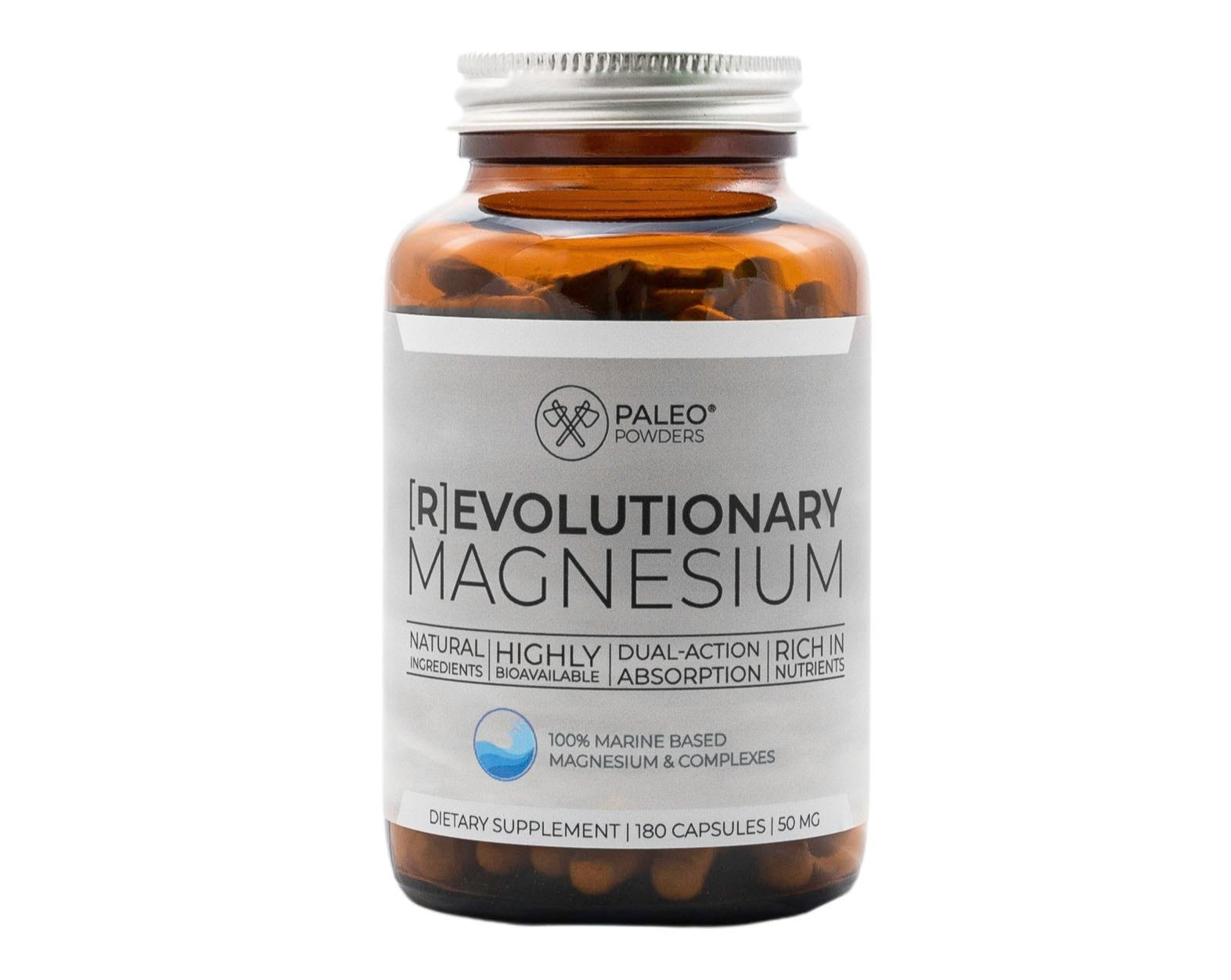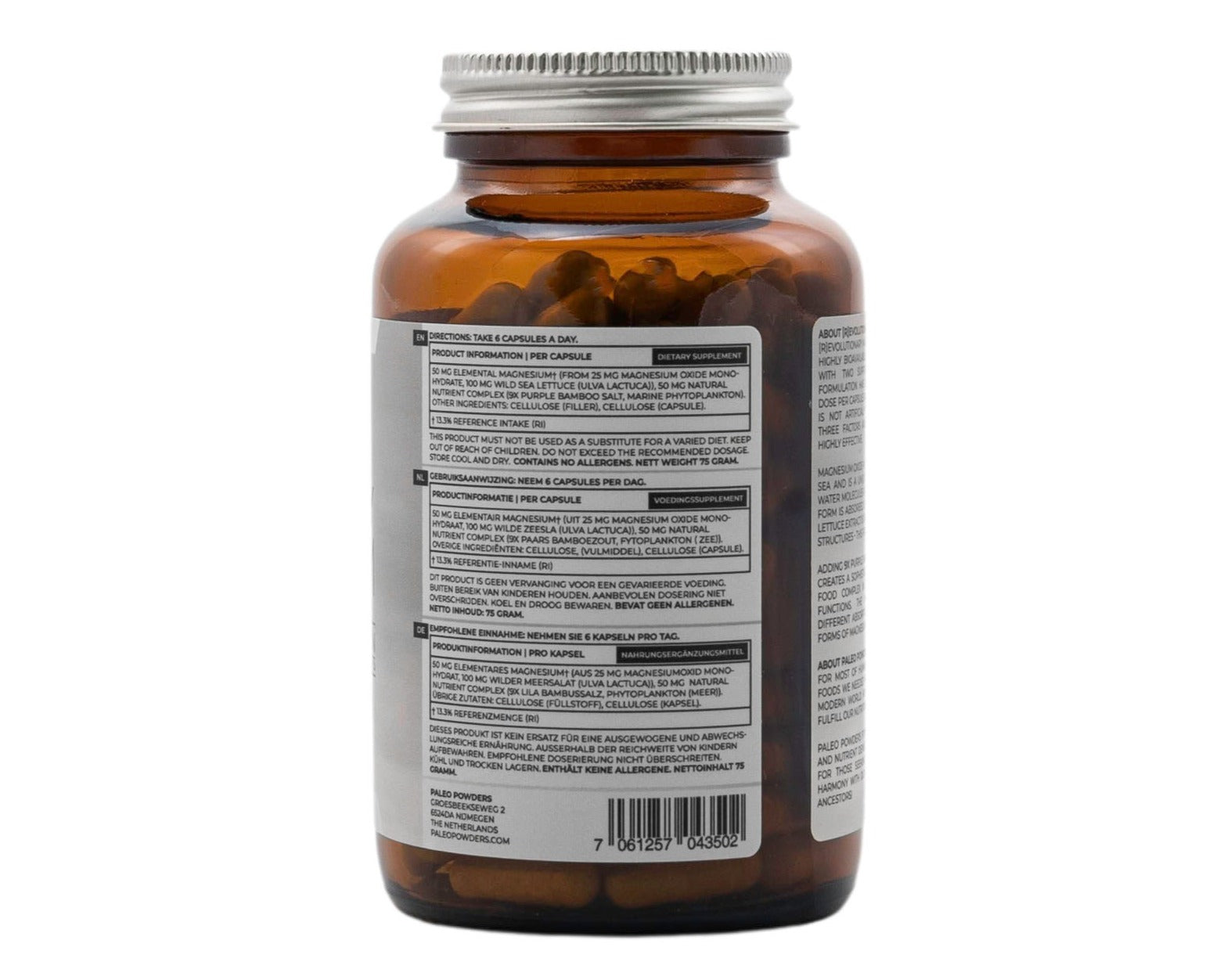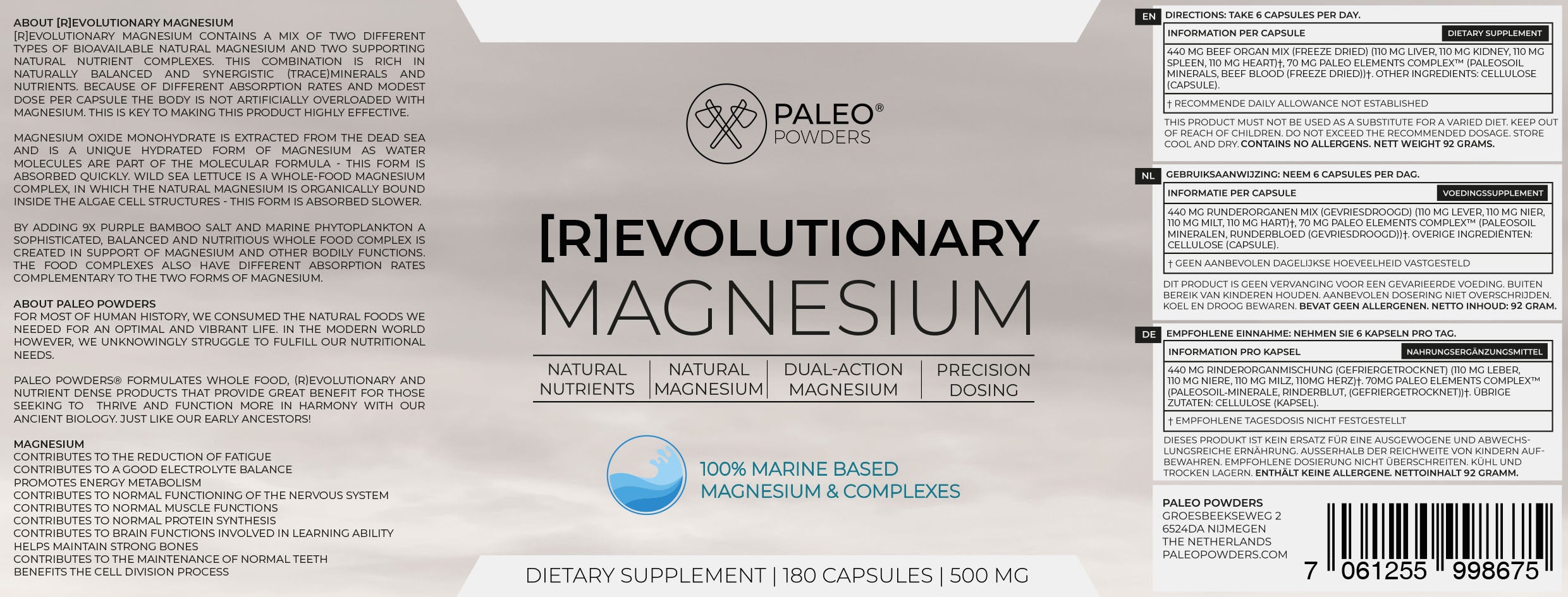
The difference between gelatin & collagen hydrolysate
If you want to use a collagen supplement, you will come across both gelatin powders and collagen hydrolysate. It is good to understand the difference between these two options so that you can make a choice that suits your needs. When you heat the collagen in bones and connective tissues, it becomes gelatin, an easy-to-absorb form of collagen for the body. Gelatin therefore exists in supplement form, but gelatin is often not further processed into collagen hydrolyzate before being processed into a supplement, where the small pieces are broken up by means of enzymes. This 'pre-digested' form of gelatin is easier to absorb, because the whole proteins have been separated and have become 'loose Lego blocks'.
As a result, people who have difficulty digesting whole proteins benefit from collagen hydrolysate. Another important difference is that gelatin must be dissolved in lukewarm or warm water and form a jelly, while collagen hydrolysate does not form a jelly. This means that this substance can also be dissolved in cold drinks without any problems. Gelatin is often deliberately used to gel dishes and is more often used specifically for the intestines, while collagen hydrolyzate can also be mixed into a cold smoothie or yogurt and is used more for skin, hair, nails and joints. Both variants have a slightly different application, but they are both widely applicable, neutral in taste and the same in terms of amino acid profile composition.
The composition of the amino acids that gelatin and collagen hydrolysate provide are the same, but the way they react with people is different. Collagen hydrolysate does not form a gel or pudding while gelatin does. Collagen hydrolysate therefore remains liquid. The taste is neutral for both, they are both versatile
|
GELATIN |
COLLAGEN HYDROLYSATE |
|
|
Origin |
Bones, skin and shells of animals |
|
|
Amino acid profile |
Identical in both products |
|
|
Solubility |
In lukewarm & warm water |
Both in cold, lukewarm & warm water |
|
Reaction with water |
Forms a jelly |
Remains liquid |
Benefits of collagen hydrolysate
- Excellent source of protein
- Contains high concentrations of glycine, lysine and proline
- Neutral in taste and sourced from sustainably caught cod
- Supports the body's own collagen network
- More specifically for the joints, skin, hair and nails
Benefits of gelatin
- Excellent source of protein
- Contains high concentrations of glycine, lysine and proline
- Neutral in taste and from beef
- Specific to the intestines
Conclusion about collagen
It does not make much difference for your health whether you choose collagen hydrolysate or gelatin, the difference is mainly in its practical application. Collagen hydrolysate may have a higher absorption and is also soluble in cold drinks, but gelatin has the desired or otherwise binding property and is also used more for the intestines. The choice of bovine collagen also depends on your personal preference.
In terms of composition, fish collagen is similar to that of humans and according to various studies, fish collagen has better absorption, but the choice of the hydrolyzed variant instead of gelatin has an equally good impact on absorption. However, if you have an allergy to fish and shellfish, for example, bovine collagen can of course be a solution. In any case, the importance of collagen for your body cannot be underestimated and your skin, hair, nails, bones and joints will thank you if you are aware of this and ensure that your body gets enough. If you want to supplement with collagen types I and III, collagen from beef, cod, or bone broth are excellent choices.










